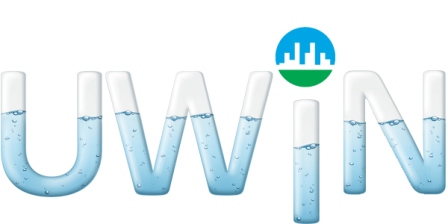Stakeholder Engagement
Stakeholder participation is central to the success of UWIN. Stakeholder engagement primarily seeks to gather input that guides the research programs of UWIN by aiding in the development of the Urban Water Sustainability Blueprint. Stakeholder engagement also ensures relevant research targets and trajectories are being met.
The overall goals of the stakeholder engagement components of the project are to:
- Gather feedback and input from stakeholders to ensure that UWIN science is as relevant as possible to decisions and drivers of regional concerns
- Compare findings from observations and analyses of stakeholder interactions across regions
- Use stakeholder engagement activities to serve as testbeds for tools and products developed through the project; and
- Measure the change in network composition and extent.
Our flagship paper (Bolson et al. 2018) delivers analysis of qualitative data on pressures, states, and responses collected during stakeholder interactions and provides insight into the challenging context of urban water management.
Stakeholder Advisory Committees
Engagement efforts also assist in the development of a national network of water stakeholders. This network will facilitate information exchange and shared experiences on sustainable management of urban water systems while fostering social learning. The Stakeholder Advisory Committee (SAC) network will also vet the Blueprint against desires, priorities, preferences and concerns of each region allowing researchers to define and explore regionally specific water futures.
SAC members join a network of water stakeholders and NSF-supported academic researchers in their region to participate in the development and vetting of the Blueprint. Members have access to a web of shared experiences implementing innovative water solutions which promotes the use of regionally specific and sustainable resolutions.
We wish to engage individuals in each study region who collectively bring the following to the discussion:
- Thought leaders representing all water sectors of importance to the region
- Representation of interests from national, regional, county, and local levels
- Representation of both public and private sectors
- Capacity to think about problems technically (engineering and water science professionals)
- Strong professional networks and ability to help identify new stakeholders
